Meet chef Alain Ducasse at his first restaurant in Dubai

Chef Alain Ducasse at Mix Dubai
The legend that is chef Alain Ducasse has landed in Dubai. Softly spoken. Calm. Collected. And slightly reticent. His publicist acts as a translator when we meet over an 8am coffee and freshly baked madeleines. The 62-year old Frenchman who grew up on a farm in the Landes region of France’s south-west now oversees an empire of 57 establishments in seven countries including his largest ever – new Dubai restaurant opening Mix at the Emerald Palace Kempinski on Palm Jumeirah.
Three distinct zones across a 400-cover space mimic a galactic scene. Conceived as a contemporary interpretation of Islamic mocarabes, a flowing ceiling of transparent acrylic tubes sweeps across a mammoth 500sqm dining room. And if that wasn’t enough, the focal point? A gargantuan, golden Fabergé Egg, which sits inside the hotel’s dome spanning three floors. How very Dubai. We chat about meat consumption, foie gras, olive oil over butter, and restaurant prices. Enjoy the read 🙂
Mix was originally a concept conceived for Las Vegas (and New York/ Puerto Rico) that has since rebranded to Rivea. Why? After over ten years of Mix in Las Vegas, we had to change it due to market demand, and the life cycle of restaurant brands. Our managing partner there and here in Dubai is Jeffrey Chodorow [an American restaurateur and financier].
So why are you bringing it to Dubai? Timing is sometimes a little bit awkward, but four years ago we decided together with Jeffrey to bring Mix to Dubai, prior to the decision of changing Mix to Rivea in Las Vegas. Mix is about a ‘mixed city’, which essentially is Dubai’s clientele – a mix of cultures and visitors.
Explain the Mix concept in one or two sentences. A large space with four different zones that is perfect for entertainment, food and different experiences. It’s a mix of all this that is a good fit for Dubai we think.



You hosted a pop-up approximately 25 years ago at the ex-Intercontinental Deira. How has Dubai changed for you? It’s a revolution. Dubai has changed completely; very similar to my experience in Las Vegas over the last 25 years, but Dubai is obviously larger in size and population, so the scale of the revolution is larger. Maybe even the gambling will come? [he smiles].
Your press release states that your menu will change according to season. That should mean four times a year. How will you achieve that here? We do our best with what we have. Seasonality will be more in tune with the climate. We cannot speak about the same seasonality as in Europe. When it’s very hot here, we’ll go with more freshness and lightness in the dishes. I think we will create in line with the weather here. We will work with the seasons of where we source – in France and Europe. For example, asparagus is in season during spring, so we will import when it’s the season of asparagus.
So you will follow European seasonality. How about the southern hemisphere, say Australian? It’s exactly the same with other countries in the northern and southern hemispheres. We would work with what is in season and take the best produce wherever available.
Are you sourcing locally and sustainably here? What and where from? As for sourcing locally, we will look for that definitely. We have a team that is here so why not do that here? They will start investigating all of that and maybe five years from now we will meet again to see the evolution and the expansion of local farming.
Local farms are prolific here already though. Good.
At your three Michelin star restaurant in Paris’ Plaza Athenee, your menu is restricted to vegetables and seafood, only serving meat on request. Is this strategy something you would consider applying to all your restaurants? No, it’s not. We are constantly conscious of health in whatever and however we cook. For example less fat, less sugar, less salt is a constant throughout all our restaurants. And we like to use cereals as you’ve experienced. Here we are using spelt and quinoa for example, and hopefully in the future, there will be a balance between meat and the cereals, but we don’t want to impose anything worldwide.
So this is just something you feel strongly because it’s your three-star restaurant in Paris? Plaza Athenee gives a direction, an influence, because of its visibility in Paris and in my home country.
Do you eat meat? Yes, of course. But less and better quality, so the whole chain doesn’t have to produce as much and can concentrate on the top quality.
How do you feel about foie gras? We have foie gras on the menu here at Mix. French foie gras from western France that we receive frozen and pan-fry with a sweet and sour sauce. I was born on a farm where we raised ducks and they were free range. They were eating whatever they wanted, so if all the ducks are raised this way, there wouldn’t be a problem. It’s the intensive farming for a quicker, less qualitative product that makes it a problem. Only 20 per cent of foie gras farms follow good ethical practices, so it takes time to find them. As humans, we strive for the maximum before realising we have gone too far. Sadly we live a life of excess.
Favourite ingredient and dish? Olive oil and fleur de sel. The dish would be a sustainable fish – just out from the sea. Grilled in its pure form.
As a Frenchman, you pick olive oil over butter? I use butter with olive oil.
I recently compared two imported concepts here with their London and Las Vegas counterparts (Hakkasan and Hell’s Kitchen) and the food prices were identical. However, there is a perception that Dubai’s restaurant food prices are considerably more expensive. What are your thoughts on Dubai’s high-end restaurant pricing? Food is not more expensive than Las Vegas or Paris – it’s almost the same. For example, the pan-fried foie gras is about EUR35 which would be equal to Las Vegas and one of our bistros in Paris, Benoit. [NOTE: Click here for the menu pricing which makes Mix, arguably, Dubai’s most expensive restaurant].
When I had dinner at your Plaza Athenee restaurant in June, I asked, if by any chance you were in the kitchen. The response: “no, he is hardly ever here, but he communicates regularly with his chef.” Where do you spend your time? How often or how little will you visit Dubai every year? Whenever is necessary. We have lots of operations in Asia, so whenever I need to go to Asia, I can stop in Dubai. So it’s the first time [here at Mix], but absolutely not the last time that we will meet – there will be more and more occasions.
Do you worry about maintaining those three stars across the three restaurants? No it’s not a worry. We thrive everyday and are already thinking of the fourth one! I am very supportive of all kinds of guides and reviews that can bring notoriety to the business and to the hospitality industry. So guides, the internet, Trip Advisor, Yelp, Michelin, World’s 50 Best, the new World Restaurant Awards – all bring visibility. I often say I can live without Michelin, but I live better with Michelin. I’m happy whenever I gain stars and less happy when I lose stars.
Give me a memorable moment from your career. Gaining the first three stars. Those five precious minutes, it’s like whoa! And then for the next five precious minutes it’s how can I get six!
How do you empower your team in your three star restaurants to achieve even more? It’s a permanent daily challenge. Talking, exchanging, tasting, guiding. There is a lot invested in humanity and relationships. It is really teamwork. We are very close because humans are our most precious talent – I am like a captain of a soccer game.
Have you eaten at Mix or any Ducasse restaurants around the world?
A bientôt.
FooDiva. x
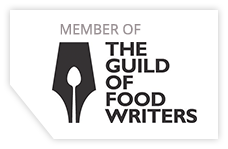













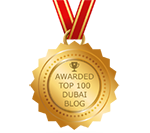
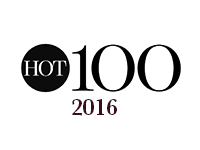
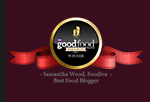
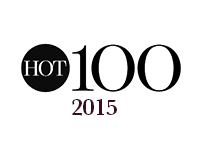


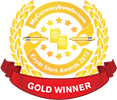




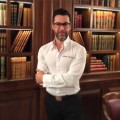

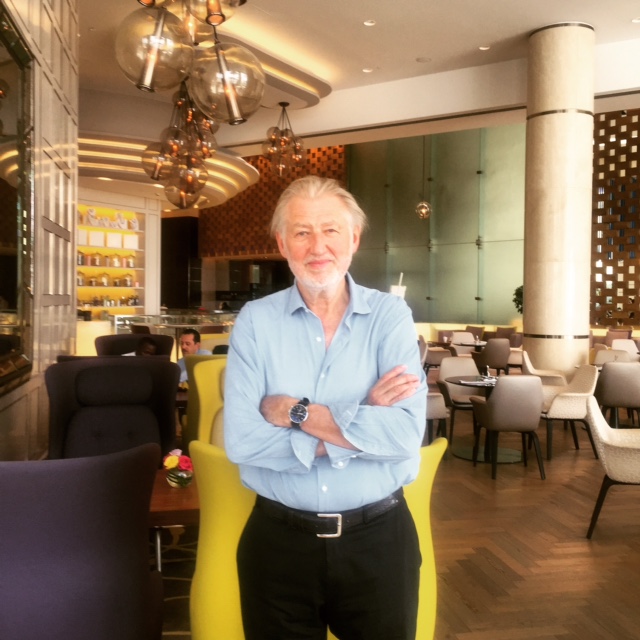
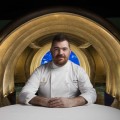
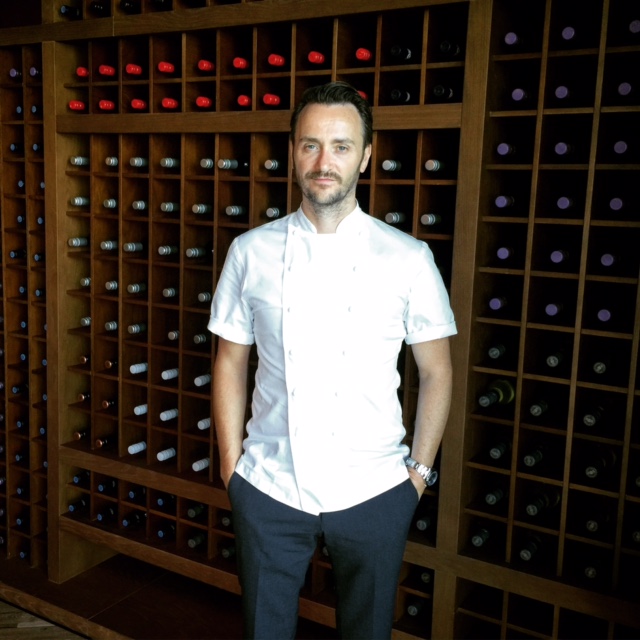

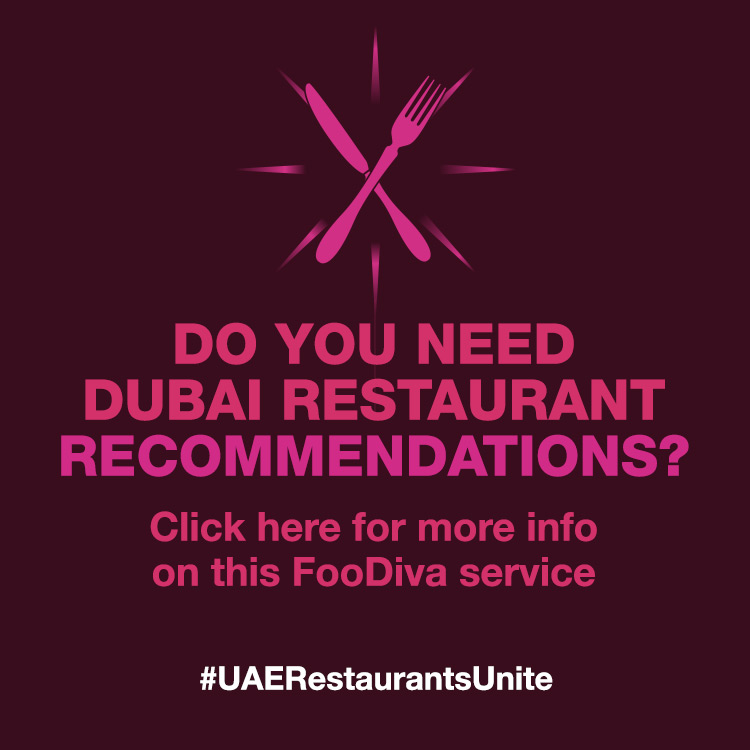

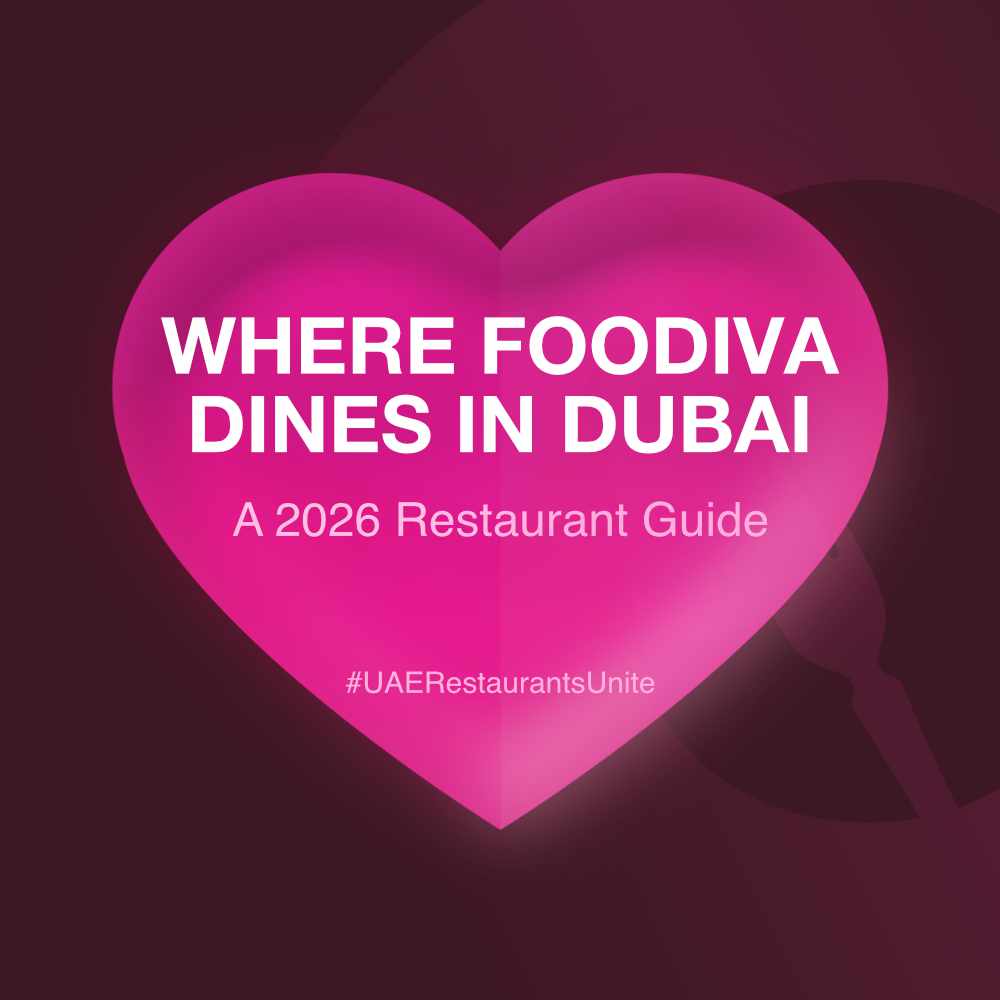
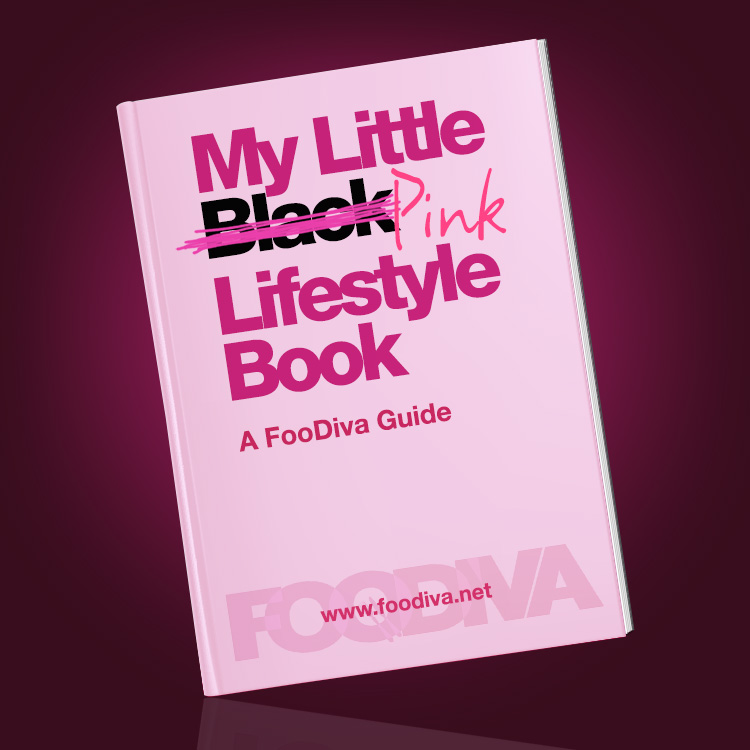


No comments yet